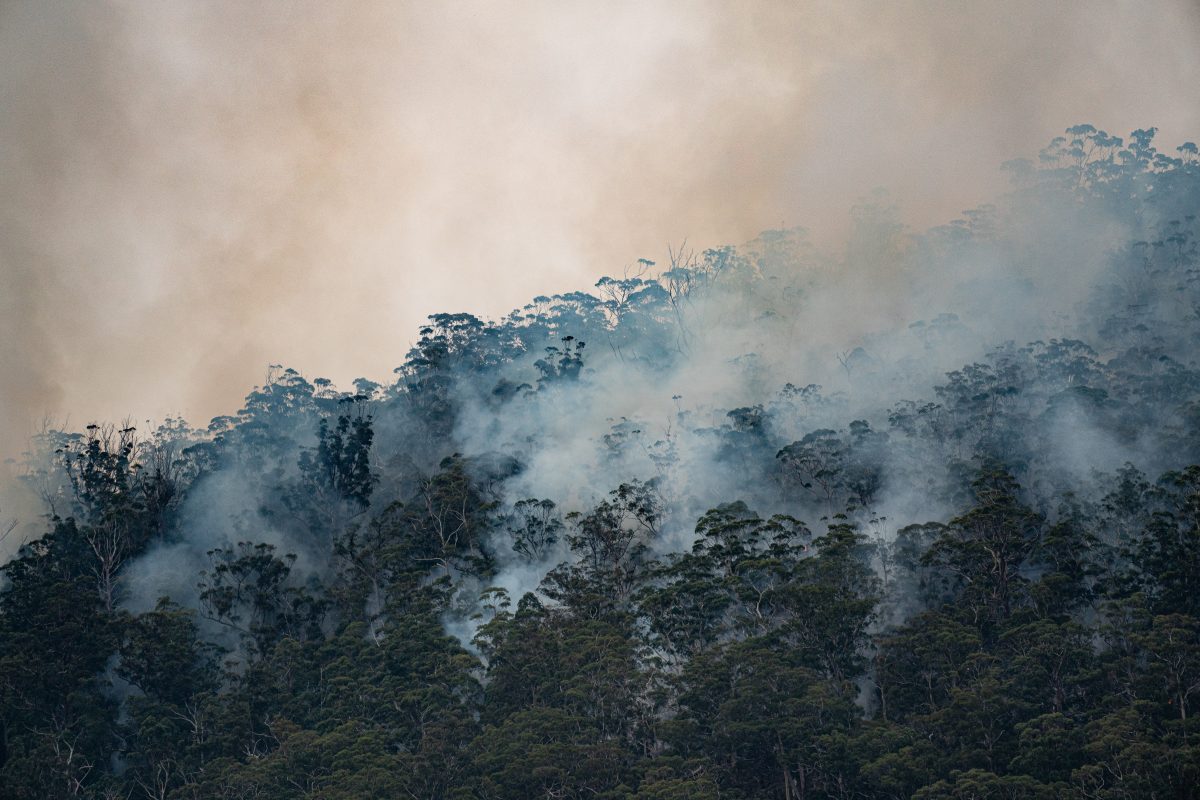Introducing the Symposium on Comparative Climate Litigation in North-South Perspective
“We are dealing with core, indeed, high policy-making”. Last week, in overturning the ground-breaking Sharma decision, Justice Allsop of the Australian Federal Court made this crucial statement. This decision has been perceived by many as a setback for climate litigation, both in Australia and beyond. Sharma concerned a finding by a single Federal Court judge that the Federal Minister for the Environment owed children a duty of care when considering whether to approve a mining project. On appeal, all three justices of the Full Court found that such a duty did not exist. Justice Allsop in particular emphasised that “the natural places for the development of such policy and the making of decisions as to the implementation of such policy is the Executive branch of government, and Parliament”. This article of faith was nonetheless expressed reluctantly, with Allsop J leaving no doubt that at stake in these decisions is “the risk of catastrophe for the world and humanity”.
From the perspective of a common law tradition, such a delineation between law and politics seems unremarkable. It is not for courts to decide on issues where there is scope for political disagreement, but for the democratically elected legislature or the executive. And yet the appeal decision leaves us with a bitter aftertaste. If the catastrophe we face is one “for the world and humanity”, isn’t it time to rethink some of our core beliefs regarding institutional roles and the role of the judiciary? If current institutional arrangements fail when addressing the global climate catastrophe, aren’t we in dire need of alternative approaches when thinking about the role of law and courts?
We as editors of the forthcoming symposium neither can nor want to provide answers to these questions here. Instead, we argue that we should look to the Global South for lessons when reflecting on the role of law and institutions in tackling the climate crisis.
Looking South
It is only recently that comparative law has begun to pluralize its epistemic foundations and reflect on its eurocentric heritage. For much of its history, comparative law has neglected or marginalised the Global South. While neighbouring disciplines have long established that there are areas in which “theory from the South” provides privileged insights into global problems and their solutions, comparative law is only slowly acknowledging the highly innovative contributions of Southern courts and scholarship. More recently scholarship has interrogated a distinct “Constitutionalism of the Global South” and argued for a “Southern Turn” in comparative law. Classic areas for pioneering judgments by Southern courts are for instance socio-economic rights, rights of nature, or access to justice. Many of those judgments are not only innovative contributions to the global legal canon, but hold valuable lessons for the jurisdictions of the Global North. Many societal and regulatory questions that courts in the Global North are dealing with today – rising inequality, institutional failure, or questions of religious pluralism – have kept their Southern counterparts busy for many decades. In this way “looking South” is a promising avenue for many legal comparative endeavours.
This blog debate builds on this insight and extends this focus to the question of climate litigation. As has been recently observed by Joana Setzer and Lisa Benjamin, climate litigation cases in the Global South are growing – but still receive too little attention. This shortcoming is all the more lamentable as industrialised countries from the Global North bear the main responsibility for historic and present greenhouse gas emissions, while many countries from the Global South are especially vulnerable to the adverse effects of climate change. A comparison of how courts in these latter States deal with legal questions relating to climate change, therefore, touches upon the concept of climate justice. Our aim is twofold: First, this blog debate assesses and compares specific tools, constraints, and topics that relate to climate litigation – both in South-South and South-North comparison. Second, this debate interrogates which specific features of climate litigation in the Global South might move the global debate on climate litigation further.
The Debate Ahead
The articles to be published over the coming days span a wide range of geographical regions and substantive themes. They extend to, amongst other, questions of adaptation litigation, the right to health, indigenous and First Nations climate litigation in Anglophone settler-colonial states and the question of what the European Court of Human Rights could learn from courts in the Global South. All contributions will be cross-posted on Verfassungsblog and Völkerrechtsblog, with a number of blog posts to be developed into full journal articles for a special issue of Verfassung und Recht in Übersee / World Comparative Law.
In an additional lunch talk on Thursday, March 24, 2022, 2:00-3:00 p.m. (CET), we will discuss with Sam Bookman from Harvard Law School the constitutional implications of the rights turn in climate litigation and its growing success in terms of distribution, power, and democracy. You can register for the talk (“What happens when you win? The constitutional dimensions of rights-based climate litigation”) with info@verfassungsblog.de.

Maxim Bönnemann is an editor at Verfassungsblog and a research associate at Humboldt University Berlin.

Meike Krakau is a doctoral candidate and a research assistant at the Chair of Public International Law and Public Law at the Ludwig-Maximilians University (Munich). Her research interests include international environmental law with a special focus on climate change litigation, human rights law and international adjudication. She is a Co-Editor-in-Chief at Völkerrechtsblog.

Anna-Julia Saiger (Dr. iur., LL.M.) is a legal trainee at the Higher Regional Court in Karlsruhe. She graduated from King’s College, London, Humboldt University, Berlin, and La Sapienza, Rome, and is currently working as a research assistant at the Institute for Media and Information Law at Albert-Ludwigs University Freiburg i. Br. Her research focuses on climate change and international law. She is an editor at Völkerrechtsblog.
